Cohort study
-

BRAVE-ONLINE elicits a strong reduction in anxiety for most young people, irrespective of age, sex, type and severity of anxiety and parent mental health
In the wake of the current coronavirus pandemic, more practitioners are turning to online service delivery for children and adolescents in need of mental health support. The recent JCPP publication from Susan Spence and colleagues on internet-delivered cognitive behaviour therapy (iCBT) for anxious children is thus particularly timely.
Read more -
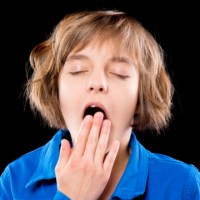
Does DNA methylation link sleep disturbances to mental health problems?
Sleep disturbances have long been linked to mental health problems in children, but the underlying mechanisms of this relationship are unclear.
Read more -
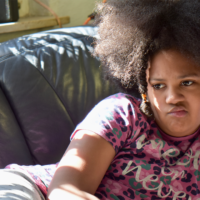
Depressed mood, inattention and worry might influence the risk for other symptoms in youth
Youth psychopathology has traditionally been conceptualized and measured at the level of disorders, which are highly heterogeneous and comorbid. However, there is growing evidence that focusing on the causes of individual symptoms might be useful.
Read more -

Would delaying the school day prevent anxiety in adolescents?
A new study published in the Journal of Child Psychology and Psychiatry has investigated whether sleep duration and regularity might link stressful life events to anxiety and depression symptoms.
Read more -
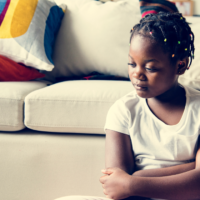
Persistent peer victimization is associated with differential effects on cortisol production between boys and girls
Peer victimization increases the risk of developing long-lasting mental health problems, but the underlying mechanisms are unclear.
Read more -
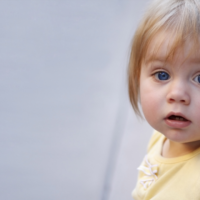
Can we predict (complex) PTSD in young people in foster care?
Adverse, early life experiences put young people at risk of developing psychological difficulties. Potential difficulties might include post-traumatic stress disorder (PTSD) or the newly proposed, complex PTSD.
Read more -

Can genetic discoveries for age-at-first-birth predict disinhibitory behaviours?
Researchers have tested the hypothesis that molecular-genetic influences on age-at-first-birth can predict disinhibition.
Read more -
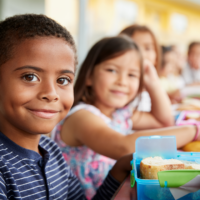
Boys and girls show different vulnerabilities to maternal postnatal depression
Findings suggest that prenatal anxiety and depression confer risk in different ways in boys and girls, and later work confirmed that there might be sex differences in the biological underpinning of psychopathology.
Read more -
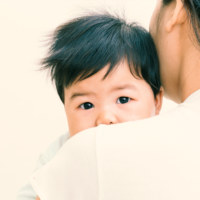
Occasional cry-it-out has no adverse effects on infant–mother attachment or behavioural development
The debate over letting an infant ‘cry-it-out’ or responding immediately has been ongoing for decades. Now, researchers at the University of Warwick have provided important evidence to inform this debate.
Read more -
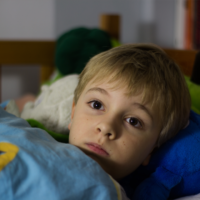
Lost sleep contributes to mood disturbances in teens with ADHD
Stephen Becker and colleagues at Cincinnati Children’s Hospital Medical Center show that short sleep duration is a causal contributor to affect and mood disturbances in teenagers with ADHD.
Read more